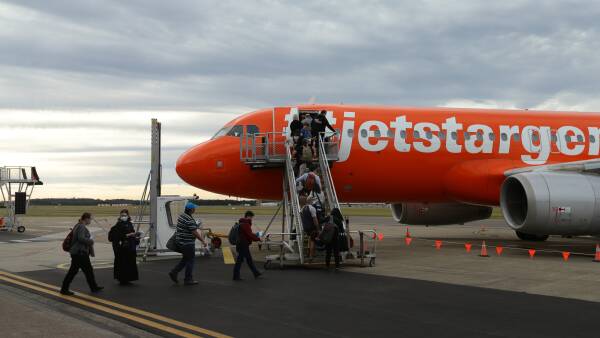UPDATE: Chinese President Xi Jinping has urgently called for “reunification” with Taiwan following the election of Cheng Li-wun as the new leader of the Kuomintang (KMT) party. This announcement comes just after Cheng’s victory on Saturday, amid escalating tensions between Beijing and the democratically governed island.
In a message released on Sunday, Xi emphasized the need for both parties to strengthen their “common political foundation” and work towards deeper exchanges and cooperation. This call for unity is particularly significant as Taiwan’s government has firmly rejected China’s sovereignty claims over the island.
Cheng, who will take over leadership on November 1, won the KMT leadership election at a time when Beijing is intensifying its efforts to assert its influence over Taiwan. The KMT has historically supported closer ties with China, positioning itself as Beijing’s preferred dialogue partner, while the ruling Democratic Progressive Party (DPP) and its leader Lai Ching-te have been labeled “separatists” by the Chinese government.
In her message to Xi, Cheng refrained from directly endorsing union with Beijing, instead stating that both sides of the Taiwan Strait are “members of the Chinese nation.” She urged that both parties should focus on promoting peace and stability across the Taiwan Strait, emphasizing the importance of cross-Strait exchanges based on existing foundations.
Cheng’s election comes after a tumultuous campaign marked by accusations of Chinese interference, particularly from the KMT’s vice presidential candidate last year, Jaw Shau-kong. Jaw claimed that disinformation had been spread online to undermine the KMT’s election efforts, casting doubt over the integrity of the process.
On social media, Jaw called for the KMT to reduce pro-China influence, acknowledging that the majority of Taiwanese people desire peaceful relations and dialogue with China. He stressed, “Elections are held in Taiwan, and voters are in Taiwan, not mainland China.”
The DPP also expressed concerns about the apparent Chinese meddling in the KMT election. DPP spokesperson Justin Wu stated that there are clear signs of interference, which the KMT dismissed as unfounded.
As the situation unfolds, all eyes are on how Cheng will navigate the delicate balance between maintaining Taiwan’s sovereignty and addressing the growing expectations from Beijing. The political landscape in Taiwan is shifting, and the implications of this leadership change could have far-reaching effects on cross-Strait relations.
Stay tuned for further updates on this developing story.






























































